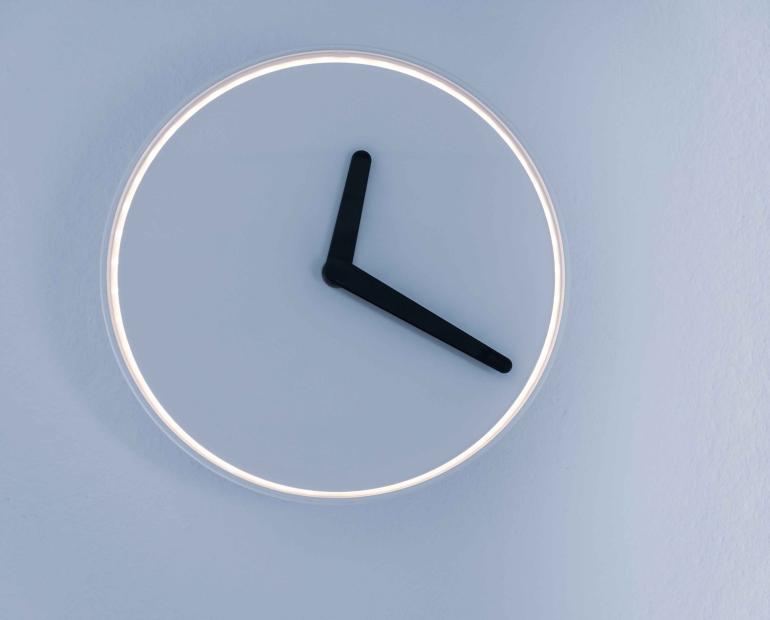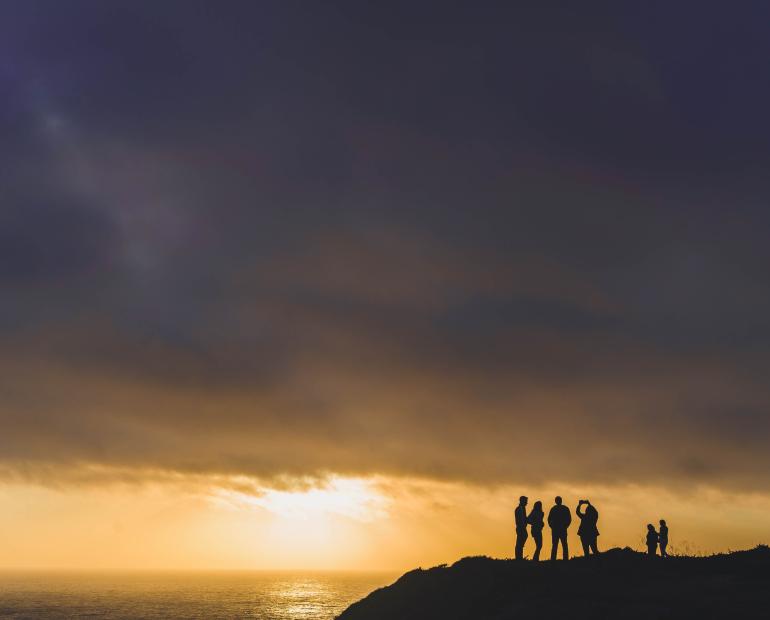
What would you say when I ask you what your favorite color is? Blue, green, purple, or black, right? Out of these, we can say royal blue, and crimson red to name a few specific ones. I am pretty sure that we all have favorites in colors, but why should we have favorites for skin color? Why is it that people do not like certain shades of brown?
Many people know about the difference between racial groups, but they don’t generally understand that there are differences in the way individuals are treated based on skin color. Colorism is the discrimination against people with a dark skin tone. This happens not only in the Asian community but also in the African American and Latinx communities. From what I learned, some people are Asian, Black, White, etc and although everyone looks different they all are the same. But somehow the stereotypes formed over time have shaped the views of what race and diversity are thought to be. Skin color seems to have meaning in terms of socioeconomic class. People think that the darker you are the more likely you are to be a laborer or in the lower class and the lighter you are the more likely you are to be in a good position in life.
Skin color in Asian communities is a marker of beauty. India’s growing obsession for lighter skin is a $500 million market increasing by 8 % each year. A famous cosmetic brand called ‘Fair and Lovely’ has become the largest promoter of colorism in India yet people still tend to use it. The name itself suggests a singular idea of beauty that we do not think should be ideal. Its revenue in India alone is $317 million a year. There was so much backlash about the name that Unilever recently renamed the company ‘Glow and Lovely’. There are a lot more companies selling false hope with something like; if you have fair skin then the boss will hire you, if your husband loses interest in you, if your talents go unnoticed then whiten your skin, and all your dreams will come true.
When I was a young girl, I was told that the sun was my enemy and that I hadn't been washing my face properly as the soap was supposedly gonna fade my dark skin away. “Aadhya, you should stop swimming and playing outside every week, you are getting darker”. That was the lecture I got from elders at every single family gathering. Whenever I wanted to say that I was happy with my skin I was shut down because we should not disrespect our elders. In every south Asian movie that I watch, the mom, the grandma, the dad, and their billionaire son are always fair-skinned but the driver or the villain are always played by dark-skinned actors.
We have been brainwashed by our ancestors to hate darker-skinned people from our own communities. How are we going to fight racism when we can't even deal with colorism? As the youth, I want you to raise your voice and talk about this stigma to people. Maybe start with ourselves and our family. Stop the use of words like Kaliya or Kaale that promote colorism, knowing that it might have long-term effects on the victim. Acknowledge that colorism exists in different parts of the world and don’t shy away from having serious conversations about this human rights violation. The world is still so broken that I can not even walk around town without hearing the word Kaale once. These colorist words are so normalized that now it has become a nickname for so many people. This nickname scars that person for the rest of their lives, attracting them to colorist skincare brands built solely by promoting colorism. You don’t have to be dark-skinned to realize that colorism exists in the world today, however, if you follow in the footsteps of your ancestors you are only holding back the future that we can achieve.






